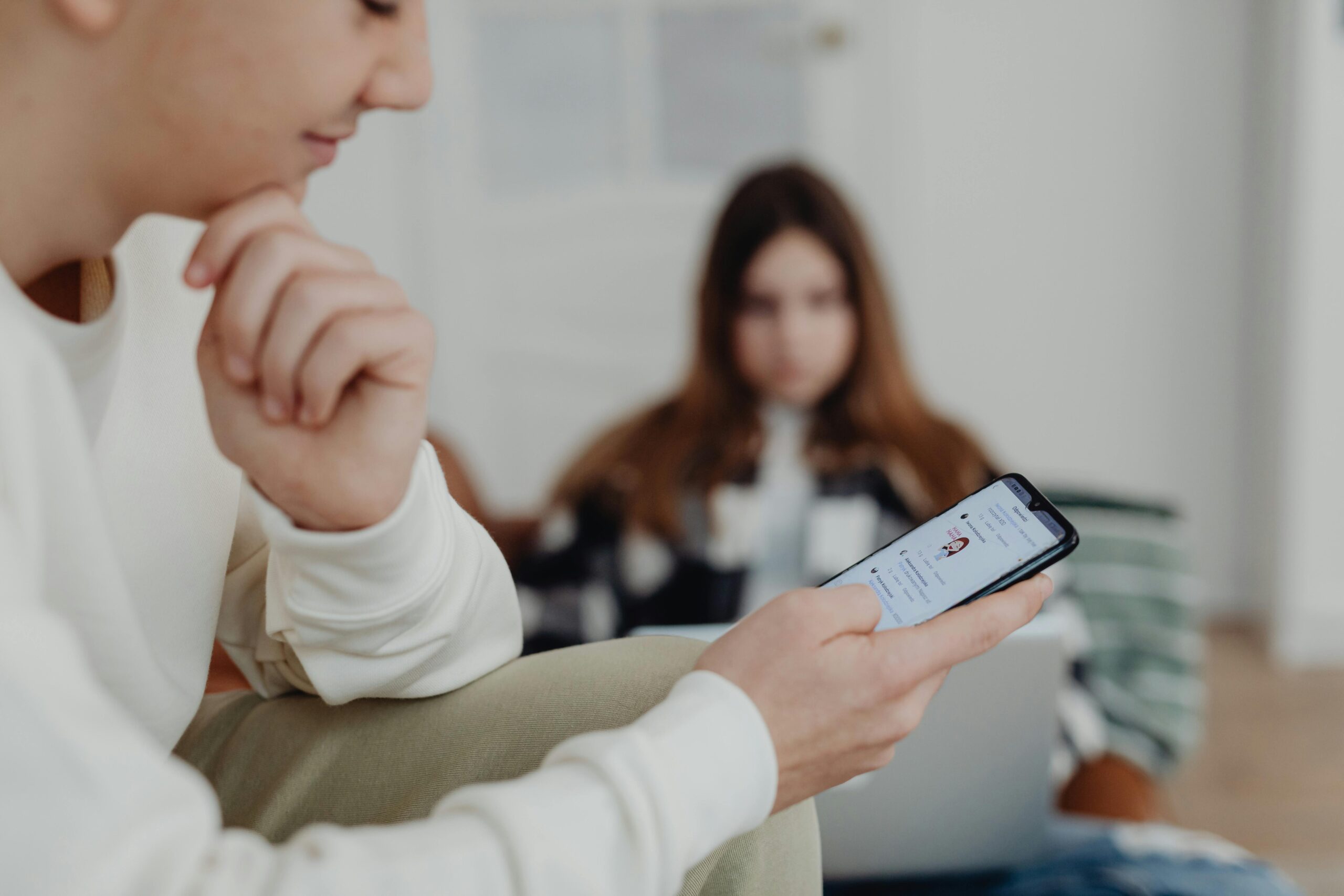
We know that social media can be harmful to teens. Meta’s own research has found that Instagram worsens body image for one in three teen girls, and Snapchat has faced lawsuits over inadequate efforts to combat cyberbullying. Even the former U.S. Surgeon General has issued an advisory on the risks associated with youth social media use. But a new report reveals that social media can sometimes have positive effects on teenagers, despite its potential harms.
Social Media Fosters Connection and Creativity
A study by the Pew Research Center found that 74% of U.S. teens feel that social media helps them stay more connected to their friends, and 63% say that online platforms give them a space to express their creativity. As the U.S. government debates new legislation to change teens’ online experiences, this data shows that for some teens, social media is a source of positivity.
Teens may feel freer to express themselves online than they do in school or at home. One study by The Trevor Project revealed that 53% of young LGBTQ people of color felt safe and understood on TikTok, followed by Discord (43%) and Instagram (41%). These online communities appear to contribute to positive mental health outcomes. Respondents who reported feeling safe in an online space were 20% less likely to have attempted suicide in the previous year.
Mental Health Information on Social Media
In Pew’s study, 34% of teens reported sometimes finding information about mental health on social media, with 63% saying that these platforms are an important way for them to access such information. While this doesn’t tell us if the mental health information is accurate or helpful, it’s worth noting that only 52% of teens said they felt extremely or very comfortable talking to their parents about their mental health, according to Pew.
Social Media Pitfalls Still Remain
This doesn’t mean that social media comes without its drawbacks, and Pew’s study documents these pitfalls as well. Teens are more concerned about social media’s negative impact on their peers than on themselves. While 48% of teens say social media negatively affects people their age, only 14% believe it has a negative impact on them personally.
Despite the positive aspects, social media still hurts teens in other areas. Forty-five percent of teens reported that social media affects their sleep, while 40% said it impacts their productivity.
Author’s Opinion
Although there’s no denying the negative aspects of social media, such as poor sleep and productivity, the positives it offers for connection, creativity, and mental health support are undeniable. It’s clear that teens are seeking safe spaces online, and if platforms can continue to evolve with better moderation and resources, social media can play a positive role in mental health.
Featured image credit: Pexels
Follow us for more breaking news on DMR
